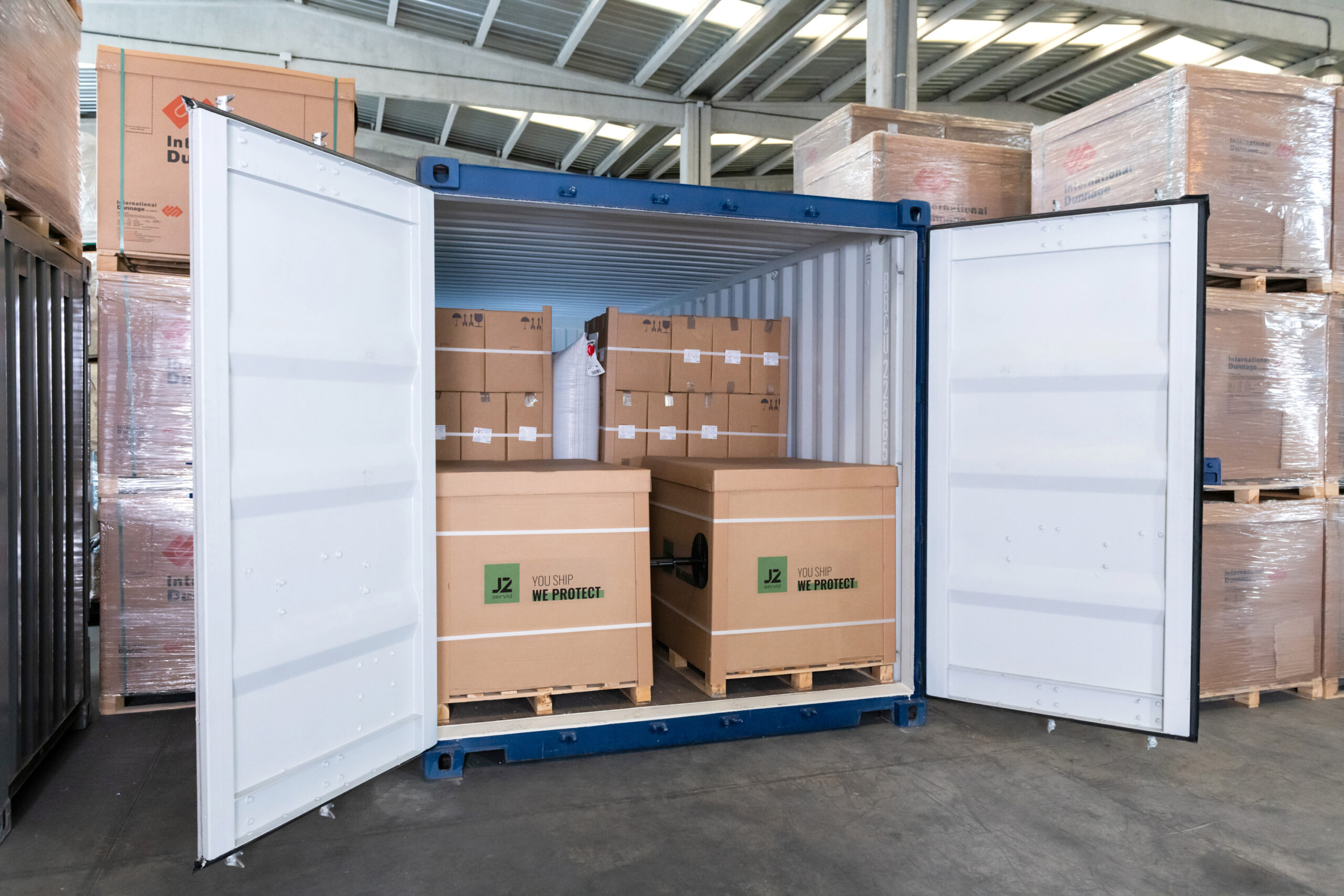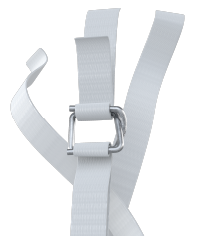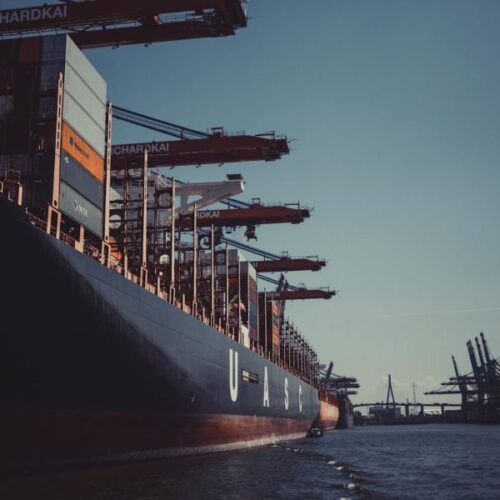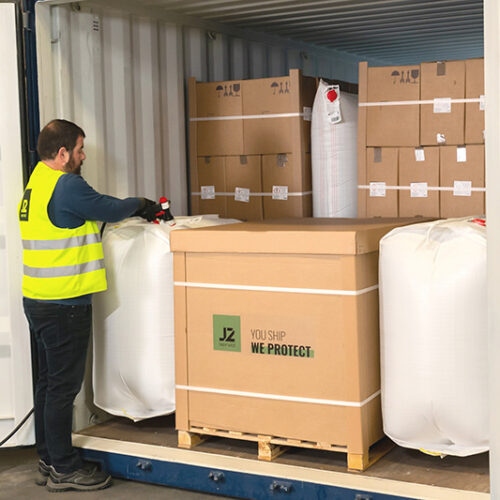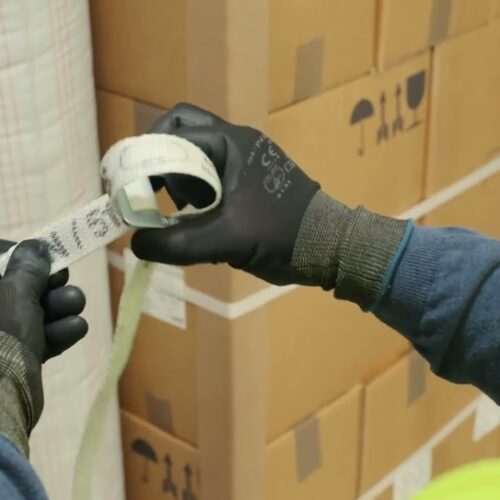Stowage of goods is a fundamental process in the supply chain, as it ensures that cargo is transported safely and efficiently. However, it is often not given the importance it deserves, which can have serious economic consequences. In this article, we will analyze the economic impact of not ensuring proper cargo stowage.
The importance of proper stowage of goods to prevent economic losses
The main objective of proper stowage of goods is to ensure that the cargo arrives in perfect condition at its final destination. This involves, among other things, making sure that the products are well secured and adequately protected to prevent damage during transport.
Incorrect stowage of goods can cause products to shift, hit each other or even fall off the transport vehicle. This damage can result in a total or partial loss of the cargo, which implies a serious economic loss for both the supplier and the end customer.
How improper stowage of goods can negatively affect the supply chain
Poor stowage of goods not only affects the supplier and the end customer economically, but also has an impact on the entire supply chain. On the one hand, it can lead to delays in the delivery of goods, which can lead to business losses and a bad reputation for the supplier.
In addition, if products are damaged in transit, returns or claims may have to be made, which entails additional costs in terms of money, time and resources. This can create tensions within the supply chain and negatively affect business relationships between suppliers and customers.
The economic impact of damage caused by improper stowage of goods
Damage caused by improper stowage of goods can have a significant economic impact. Firstly, it involves the loss of the cargo, which implies an additional expense to replace the damaged goods. This can be a significant financial outlay, especially if high value products are involved.
In addition, damage to merchandise may involve additional costs in terms of repairs or replacements, as well as the need to handle returns or claims. All this means an increase in operating expenses and a decrease in the profitability of the operation.
Finally, damage caused by poor stowage of goods can also have an impact on a company’s reputation. If products arrive damaged at their final destination, it can affect customer confidence and decrease the chances of future sales.
Why investing in proper cargo stowage is key to minimizing economic losses
Given the economic consequences of poor cargo stowage, it is essential to invest in ensuring that cargo is transported safely and efficiently. This implies having trained personnel and the right tools and equipment to perform proper cargo stowage.
In addition, it is important to establish protocols and procedures to ensure that best practices for cargo stowage are followed. This involves, among other things, ensuring that the right protective materials are used, as well as using secure and reliable securing and lashing systems.
Investing in proper stowage of goods not only helps to avoid economic losses, but also contributes to strengthening the supply chain and improving business relationships with customers. This means greater efficiency in operations, reduced operating costs and improved customer satisfaction.
At J2 we offer a variety of products and services aimed at improving safety and ensuring proper stowage.

